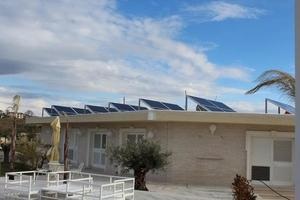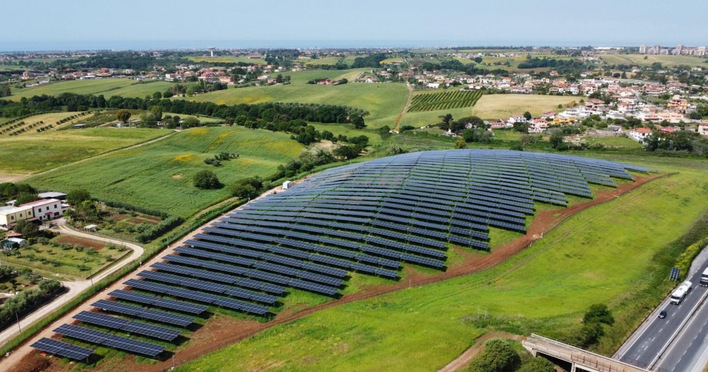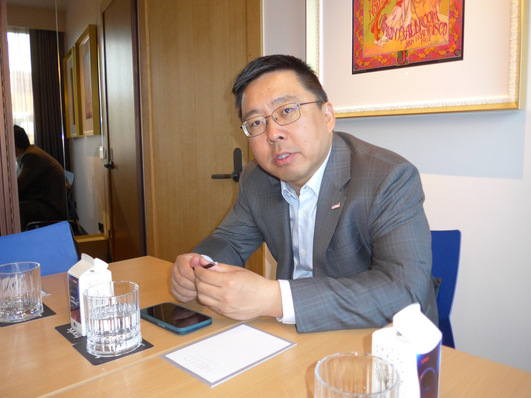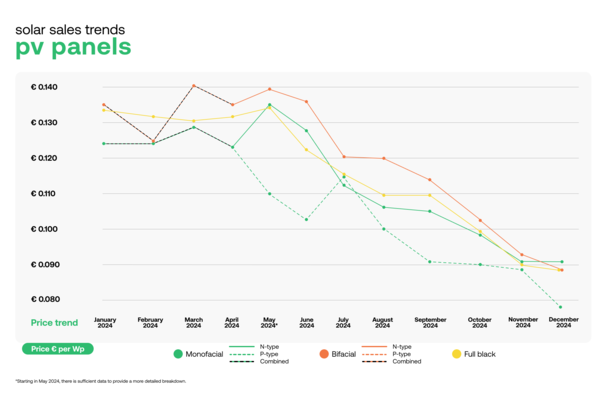The Albanian landscape of the energy sector has recently seen the introduction of important changes. Parallel to the process of liberalization, the country is working to achieve a future with reduced carbon emissions and sustainable power sources. Keeping here the focus to the pillars of the Western Balkans Sustainability Charter, signed in Paris 2016, there is still a need of a lot of work for putting in place the road map targets taken in framework of the 6 Western Balkans (third step of Berlin process).
Improve the governance on energy efficiency
Even the progress in efficiency field are still limited. A first positive outcome is related to the institutional configuration came out after the political election, that seen the merger to one authority (the Ministry of Infrastructure and Energy) of the previous Ministry of Energy and Industry and the Ministry of Urban Development. Further, on the begin of December 2017, the country has adapted the 2nd and the 3rd Energy Efficiency Action Plan (EEAP).
The last period has seen also progress with the first large scale projects in building renovation. While it is already in implementing a project worth 9 million Euros for the renovation of university campus of Tirana, it was signed a grant agreement by 6.5 million Euros among Albanian public authorities and German government. Saving energy through improving efficiency is one of the key components promoted by German government to Albania, bringing through the KfW the investments package above 15 million Euros.
However, in this stage essential will be the speedy adoption of the set of by-laws to implement the new legislation by Albania’s, as well as the setting up of a dedicated energy efficiency fund. Nerveless, consider the actual lack of expertise, durable impact can only be achieved through a significant amount of additional technical support and assistance, and the fully leaders embrace of the principle ‘energy efficiency first’ as a really beginning of a game of change on efficiency process.
Implementation of smart support measures
Albania has made particular progress compared to other countries of the region in the field of renewables. By first, the new RES Law has introduced a substantial change of the support schemes, by substituting the feed-in-tariff scheme (fixed-price FiT payments), with the so-called ‘contracts for difference’ scheme. This means that renewable energy producers will compete for the investment to be made and the support of the energy sold in the market, receiving a variable premium based in the price that will come out from the market auction.
By the other part the adoption of the Net Metering Scheme was a significant step towards ensuring compliance with the Renewable Energy Directive (“RED”) and formulating the policy needed to deployment of Distribute Renewable Resources (“DER”). Specifically, to meet the requirements repeatedly expressed by the World Bank reports, in particular the "Doing Business 2014", the recent interventions of the Ministry of Energy and the Energy Regulatory Authority have already opened the way for the network to receive energy input produced by businesses and households by generating distributed resources based on net energy measurement scheme up to 500kW – still non- functionally.

Further, following to the sign on May 2017 of Memorandum of Understanding among the European Bank for Reconstruction and Development (EBRD) and the Albanian Ministry of Energy and Industry (MEI), it was span the way to the government decision on methodology, and the Albanian Energy Regulator ERE on establishment of the regulated tariff for central solar central up to 2MW and wind central up 3 MW, with 15-year contract respectively by €100/MWh and €76/MWh. More than 20 projects to be granted through authorisation procedure are under evaluation process by the ministry of energy.
In same time, the new law on renewables has not overlooked the "existing preferential energy producers", that have concluded concession contracts with the Ministry of Energy before the entry into force of the new law and have completed or are planning to complete their plants within 31 December 2020. Then, they have been subjected at the end of this year of a new agreed methodology for setting the price for the electricity produced along 2017.
In last, based on the above MoU among MIE-EBRD, on cooperation to develop the regulatory framework for solar power and the subsequent development of solar power projects, the EBRD has proceed on begin of January 2018, with the open of tender call on “Support to the Government for Development of Solar Powered Capacities” to assist in the implementation of a competitive bidding process up 100 MW solar PV capacity in Albania.

Foster climate action
In this direction, the proposal of a law on climate changes by the Ministry of the Environment is of particular interest. However, this intervention is in someway limit, based at the assessment that it considers impossible to adopt any trading scheme for the fact that Albania is not a member country of the EU, and is considered as a country with low emission levels”.
The finding is that it is currently not based on data measured directly, consistently and accurately, since there has not been any complete legal framework and necessary infrastructure capacities in Albania”.
Then it can be observed that the law in preparation by the Ministry of Environment does not optimally address the essence of its mission, since it did not establish a scheme for the release of greenhouse gas emissions permits within the Kyoto Protocol mechanisms recently amended by Directive 2009/29/EC. In fact, Albania as a country that aims to become part of EU, should seek to establish a trading scheme to further align with EU.
Moreover, not only within the framework of the WB6 process on 4 July 2016 by means of the Paris Sustainability Charter, but also those overtaken in the framework of the obligations of the country and the region regarding the COP 21 process, it must advance rapidly towards the creation of a transparent and functional framework for issuing and trading green and white credits. An approach that goes in harmony with the new framework in the renewable energy sector, which already foresees that the construction of new capacities will be made on the basis of auction schemes. (LG/HCN)
Read more about energy storage
Stay informed, get our free newsletter twice a week. Register here.
More useful information:
http://www.pveurope.eu/News/Solar-Generator/Albania-speeds-up-solar-policy
https://www.pveurope.eu/solar-modules/growing-solar-market-bosnia-and-herzegovina







